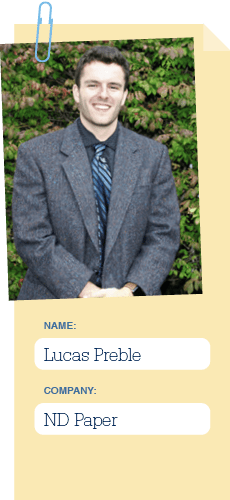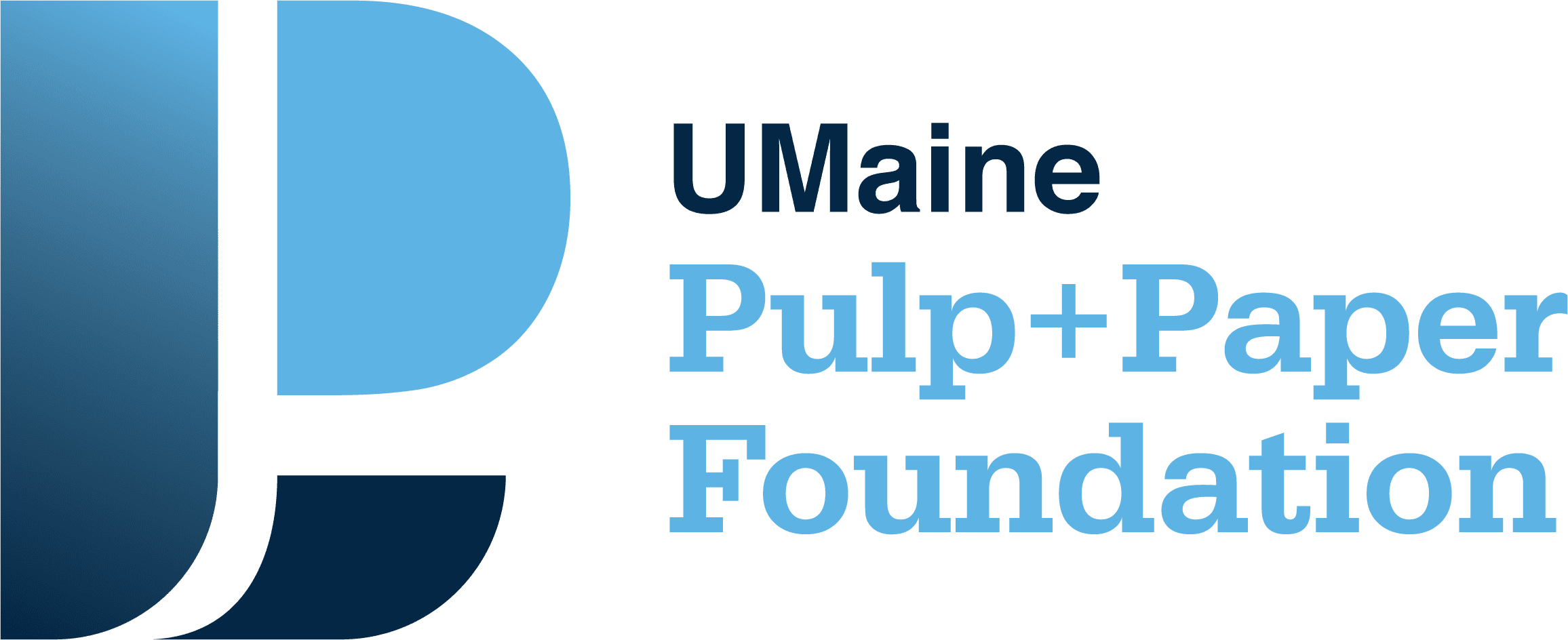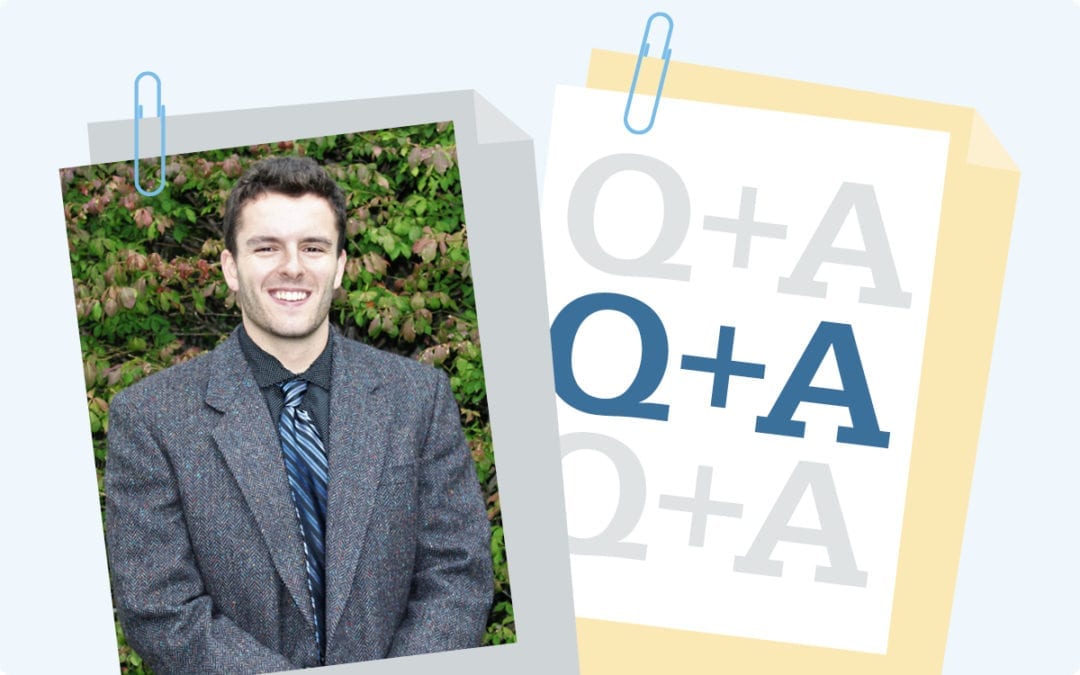 Q: You are currently transitioning to your new role at ND Paper. Before starting at ND Paper you were a paper machine assistant Superintendent at PCA, what were your responsibilities in that role?
Q: You are currently transitioning to your new role at ND Paper. Before starting at ND Paper you were a paper machine assistant Superintendent at PCA, what were your responsibilities in that role?
A: I monitored paper machine cleanliness to maximize uptime and ensure safe production of the highest possible quality. I identified opportunities for new equipment or upgrades to improve efficiency and quality. I also developed procedures and train operators, conduct monthly safety meetings with machine operators, and addressed any concerns.
Q: Did the Foundation prepare you for your career in the pulp and paper industry? What was it like to go out into the field on your own?
A: I was very well prepared for my career. Graduating as an alumni of the Pulp and Paper Foundation you will never go out into the field “on your own.”
The support and opportunities provided by the foundation carry over after graduation and into your work experiences. As a result of networking opportunities during school, I had already established relationships with many individuals who now serve as mentors in my professional life.
Also, I had the support of Carrie and Jen. They are passionate and personally invested in each and every student and alumni of the foundation. I am ineffably grateful to have them in my corner!
Q: What was the most valuable experience or what made the biggest impact on you when you were a student in the University of Maine Pulp and Paper Foundation?
A: The professional connections that I established as a student have made, and will continue to make, the biggest impact on me.
Q: What is something you’ve discovered or learned on the job after graduation that you wish you knew about before you started your job?
A: I wish I had realized that GPA doesn’t matter once you graduate. While in school I put a lot of pressure on myself to excel. As a metric oriented person my GPA was the sole representation of this excellence. It’s important to get good grades, but your GPA is not worth obsessing over.
Q: What are some things you’ve learned about the pulp and paper industry or that has surprised you about it since graduating?
A: I learned that all of the packaging and tissue companies were telling the truth when then said those markets were thriving! As a life-long Mainer and having witnessed multiple mill closures, I was skeptical when companies would come to campus and tell us how well the packaging and tissue industries were doing. I no longer have any skepticism.
Q: What do you think are common misconceptions about the industry?
A: That “papermaking is boring.”
Q: What are common misconceptions about your role or current position?
A: “You won’t or don’t have much responsibility as a young engineer.”
Q: What is one thing in the program that you wish you had taken advantage of or that made an impact on you that you’d tell current students not to miss?
A: I wish that I had networked more! You can never make too many connections.
Q: If your children (or nieces, nephews, etc.) were considering the UMPPF program, what would you share with them?
A: I would encourage them to check out Consider Engineering. If engineering is the field they decided to pursue, I don’t believe there is a better way to go about it than the UMPPF.
Q: Do you have advice for current students in the program?
A: Don’t get discouraged by the perceived state of the industry in Maine. There are thousands of opportunities in this industry across the world! You should commit to the opportunities that are best suited to your interest and don’t be afraid to step outside of your comfort zone.


Recent Comments